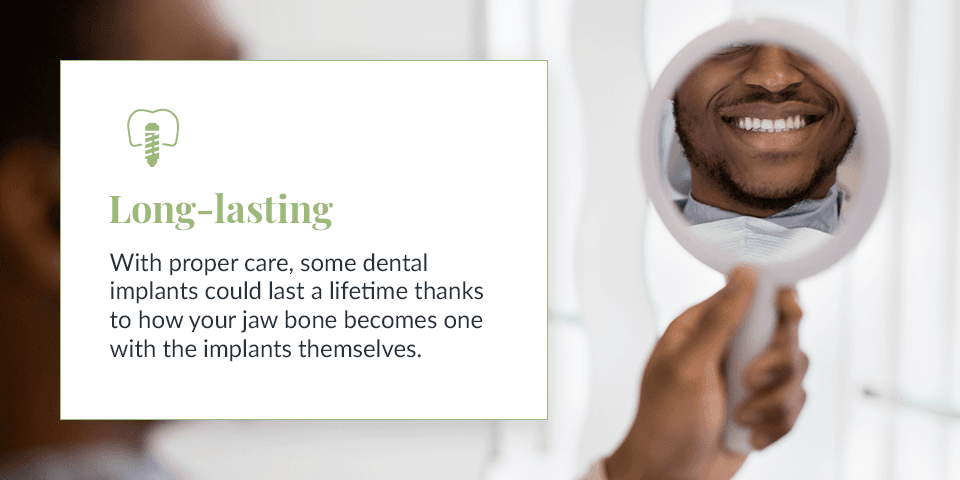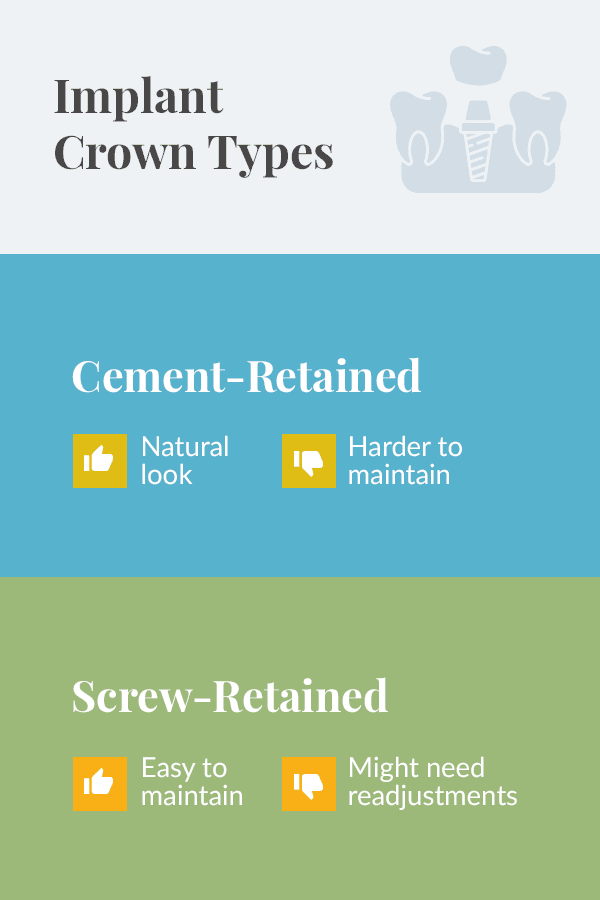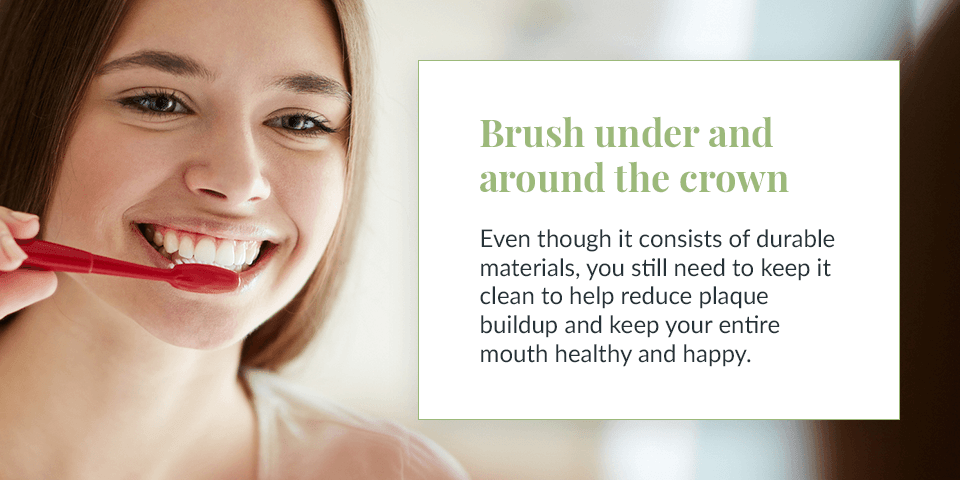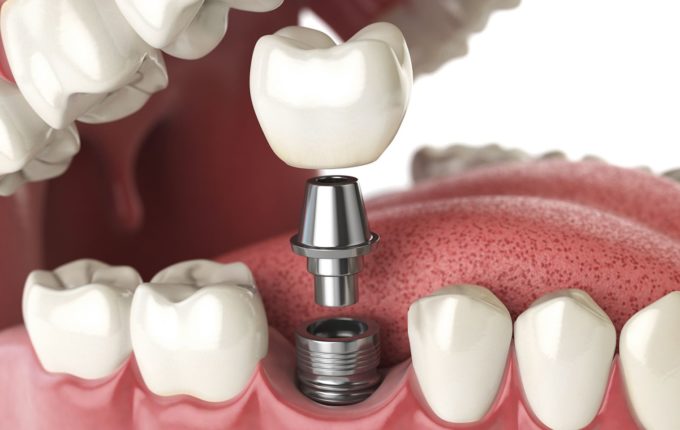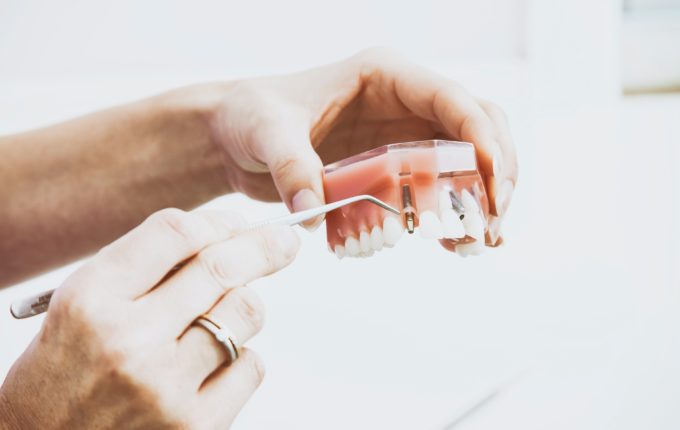What Implant Crown Type Is Best for You?

People around the world rely on implant crowns to help restore their smiles. Injuries, age, and improper dental hygiene practices can all contribute to damage to your existing teeth. If you want to feel confident showing your smile again, you may be considering getting implant crowns of your own.
But you may be wondering which implant crown type is best for you. As you begin your research on implant crowns, you will soon discover that there are several types for you to choose from. You want to make sure you are making the right decision for your dental health. You also want the best, longest-lasting results possible. Use this article to gather the implant crown information you have been looking for to make the decision that is right for you.
What Are Implant Crowns?
Implant crowns serve a similar purpose to conventional dental crowns, but there are a few differences between these two appliances. Dentists will give their patients conventional crowns when they have an existing, natural tooth that can serve as the anchoring point for the crown. This option is usually the best choice when people experience a chipped tooth or a tooth with a cavity that still has a healthy root system to keep it in the mouth for years to come.
The major difference between conventional crowns and implant crowns is that implant crowns are the final step in the dental implant process. When a dentist must extract a patient’s tooth, they will often put a dental implant in its place.
An implant crown will connect to the patient’s implant abutment, keeping it secure. It then acts much like a conventional crown, restoring the appearance of a natural tooth where the damaged one once existed. Many people are aware that they can get a crown on an existing tooth, but the existence of implant crowns spells good news for those who want to replace missing or damaged teeth with great-looking implants that can help restore confidence in their own smile.
In short, implant crowns are the final touch on a successful dental implant procedure. They help restore the appearance and functionality of your teeth while also providing several other dental health benefits. We will take a closer look at some of those benefits in the next section.
Common Reasons Why People May Get an Implant Crown
Implant crowns are a wise choice for many patients for a variety of reasons. Here are some of the most common benefits people are looking for when they choose to get implant crowns:
- Implant crowns can prevent bone loss: After a patient experiences tooth loss, it is common for them to experience bone loss in the area of the lost tooth later in life. The bones in your body need stimulation to keep rebuilding themselves, and the bones in your jaw receive their stimulation from your teeth. Dental implants can provide the stimulation necessary to keep your jawbone from shrinking and weakening over time as a result of a lost tooth.
- They look similar to natural teeth: After losing an adult tooth or experiencing some sort of dental trauma, you may want to do what you can to return your mouth to its original appearance. You can accomplish this goal with implant crowns, the dental solution with the most natural-looking results. Dental implant crowns also feel natural, thanks to the implant’s ability to fuse to your natural bone through a process called osseointegration.
- They are long-lasting: Since dental implants fuse to your jawbone via osseointegration, they are also some of the longest-lasting dental solutions for missing or damaged teeth. Other types of dental treatments like removable bridgework or dentures may require replacements over time as your mouth changes. With proper care, some dental implants could last a lifetime thanks to how your jaw bone becomes one with the implants themselves.
- Implant crowns are a safe dental solution: When you receive any external dental solution, you want its benefits to outweigh its potential drawbacks. This is why so many people choose dental implant crowns as their solution to missing or damaged teeth. Implants help keep the surrounding teeth safe and healthy. Other dental solutions, like bridgework, can cause unwanted stress on the surrounding teeth, which can weaken them over time. Dental implants are standalone solutions that ensure your mouth stays as safe and healthy as possible.
Implant Crown Types
There are two main types of implant crowns — cement-retained and screw-retained. Both types offer a few key advantages and disadvantages.
Cement-Retained Implant Crowns
Dentists use dental cement to attach cement-retained implant crowns to the top of the abutments, which are part of the implants themselves. The dental cement keeps the crown permanently attached to the abutment. Dentists and patients may choose cement-retained implant crowns for the following reasons:
- Cement-retained implant crowns are easy to make: Many dentists favor this type of implant crown because of how easy they are to make. In some cases, dentists have labs in their own practices where they can design and create the crowns. If they need to outsource the creation of a patient’s cement-retained implant crown, they can expect a relatively quick turnaround for receiving the finished product.
- The process of attaching them is easy: Dental cement is an effective, easy-to-use adhesive substance for connecting implant crowns to their abutments. Some dentists prefer this type of implant crown because they enjoy the process of working with cement over having to use screws and other tools to fasten the crown to the abutment. Using cement is often a much easier and faster process.
- The results look natural: Cement-retained implant crowns are also a great choice because of how natural they look. The absence of screws means no one will see any unsightly hardware in your mouth as the years go by. Cement allows you to enjoy a discreet yet effective implant crown experience.
While these crowns offer many benefits, you should also consider the following concerns that can come with cement-retained implant crowns:
- You could experience dental cement seepage: One of the most common issues associated with cement-retained implant crowns is cement seepage. If cement seeps into a patient’s gum line, it can cause varying levels of inflammation and discomfort. In the most serious cases, this cement seepage can contribute to bone loss if left unattended.
- They can be difficult to maintain and remove: Some patients may experience issues that demand removal of the implant crown for proper maintenance or post-traumatic care. The removal process can be uncomfortable, messy, and challenging when dealing with dental cement.
Screw-Retained Implant Crowns
The other popular option for implant crowns is the screw-retained variant. These implants, as their name suggests, connect to the abutment with screws. Most screw-retained implant crown abutments have two allowances for two screws. The first is on the biting surface and the second is on the side of the crown facing the tongue. Together, these two screws connect the crown to the abutment and hold it there firmly.
Screw-retained implant crowns have one major benefit over the cement-retained variety — your dentist can remove them very easily. If something happens to your implant crown at any point, your dentist simply has to unscrew the two screws to remove it. Here are some of the reasons you may need to have your dentist unscrew your screw-retained implant crown:
- Repairs
- Restorations
- Professional cleanings
The ability to remove screw-retained implant crowns is a huge benefit. But make sure you think about the following concerns before making your final decision:
- The area around the screw may chip: One of the downsides of screw-retained implant crowns is their potential to chip at the area where the screws are. Chipping is a simple result of wear and tear as you go about your daily life with screw-retained implant crowns. Make sure you see your dentist for help if you experience any chipping of your screw-retained implant crown.
- Screw-retained implant crowns can become loose over time: Another concern of screws compared to cement as the method of holding the crown in place is that they can loosen over time. A loose crown can be bothersome and distracting. You will have to pay your dentist a visit to tighten up your implant screws again if this happens.
How to Determine the Right Implant Crown for Your Needs
When choosing the right implant crown, you have a lot of factors to consider. First, think about whether you would prefer cement-retained or screw-retained implant crowns. After balancing the pros and cons that you read above, you will be one step closer to deciding on the right choice for you. But you still have some other factors to consider, including the following:
- Dental implant types: There are two main types of implants to choose from, although one is rarely used today. Endosteal implants are the most common implant type. This category includes screw, cylinder, and bladed types. Subperiosteal implants are far less common. With this option, your dentist will place the implant within the gum tissue on the jaw bone with exposed parts for the implants.
- Coatings: Many dental implants and implant crowns use coatings to help the implant heal and grow stronger over time. Coating options include grit-blasted, acid-etched, plasma-sprayed titanium, plasma-sprayed hydroxyapatite, and Zirconia.
- Methods: Many methods exist for receiving dental implants. Talk to your dentist about the methods they offer, including immediate load dental implants, single-tooth implants, single or two-stage implants, or even mini implants. Each method is different from the rest, so be sure to talk to your dentist about which is best for your unique dental needs.
How to Care for Implant Crowns
Once you have your new dental implant crowns, you are going to need to care for them like your natural teeth. Here are a few tips for keeping your implant in the best possible condition:
- Use a low-abrasive toothpaste: Most kinds of toothpaste have abrasive substances in them to help dislodge particles and clean the surface of your teeth. You will want to avoid abrasive toothpaste when you have implant crowns, as it can scratch the crown’s surface.
- Brush twice a day: The Centers for Disease Control and Prevention (CDC) recommends that everyone brush their teeth twice per day. This suggestion applies to individuals with implant crowns. Be sure to continue practicing a good oral hygiene routine to get the longest life out of your implant crowns and to keep them looking and feeling great.
- Brush under and around the crown: Make sure you take the time to brush under and around the crown. Even though it consists of durable materials, you still need to keep it clean to help reduce plaque buildup and keep your entire mouth healthy and happy.
Do Implant Crowns Cause Complications?
You may experience some complications when you get implant crowns of your own. Here are some of the complications you may encounter and some brief tips on what you can do to avoid them:
- Loose crown: Crown wobbling or movement can occur in a small percentage of patients. Often, this problem will happen as a result of improper seating of the crown on the abutment or a loosening of one of the screws in screw-retained implant crowns. Choosing a reputable dentist for your implant is one way you can avoid this issue. Make sure to contact your dentist right away if you notice that your crown is loose.
- Loose abutments: In an ideal situation, your implant will fuse to your jawbone via osseointegration over the next several months. If many months go by and your implant feels loose, you may need to attempt the entire implant process from the beginning. Be sure to follow a solid dental hygiene routine after receiving your new implant. You should also follow all other essential instructions from your dentist.
- Plaque retention and inflammation: Plaque retention around your new implant can lead to inflammation of the gum and other structures surrounding your implant. This condition is known as peri-implantitis. Since this condition starts with plaque and bacteria accumulation, your best defense against it is to practice excellent dental hygiene, paying specific attention to the area of your new dental implant and crown.
- Fracture of the holding screw: You may experience a fractured screw in your dental implant. This problem is often a result of one of the screws being too tight. If one of your screws does break, you should be able to visit your dentist to receive a replacement screw fitted to the proper tightness.
Contact 209 NYC Dental for Your Implant Crown Needs
The team at 209 NYC Dental is ready to help you take the next step toward your dental goals. When you want a dental implant or a new dental implant crown, you should trust a dental practice with a great reputation for successful implant procedures. Our practice has a strong history as the longest-running dental practice in the Midtown Manhattan area.
Contact us today for more information about how we can help return confidence to your smile. We look forward to serving you. Give us a call at 212-355-2290.
 Our History
Our History
 Our Providers
Our Providers
 About Us
About Us
 Blog
Blog
 Contact us
Contact us
 Diagnostic & Preventive
Diagnostic & Preventive
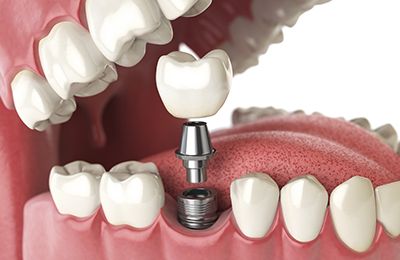 Implant Dentistry
Implant Dentistry
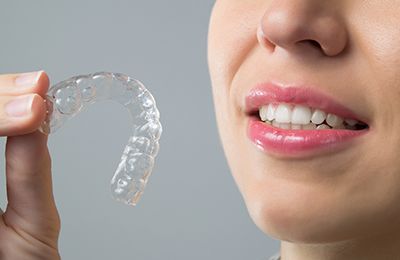 Clear Braces - Invisalign
Clear Braces - Invisalign
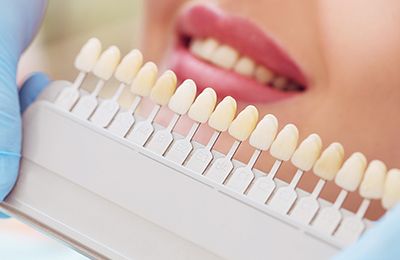 Cosmetic Dentistry
Cosmetic Dentistry
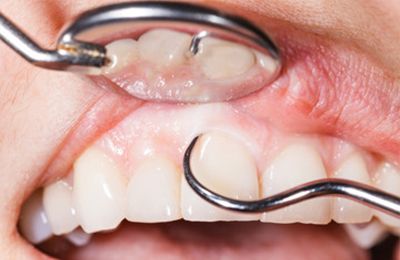 Periodontics
Periodontics
 Patient Forms
Patient Forms
 Payment Information
Payment Information
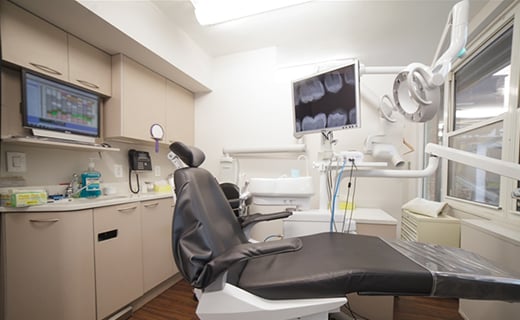 Insurance Options
Insurance Options
 CareCredit Dental
CareCredit Dental
 Appointment Policy
Appointment Policy
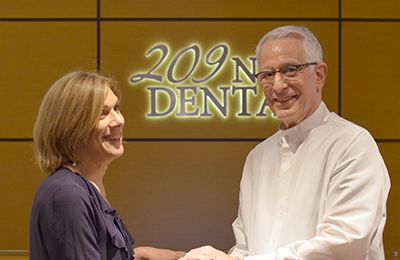 Free Consultation
Free Consultation
 Complimentary Teeth Whitening
Complimentary Teeth Whitening
 Teeth Whitening
Teeth Whitening
